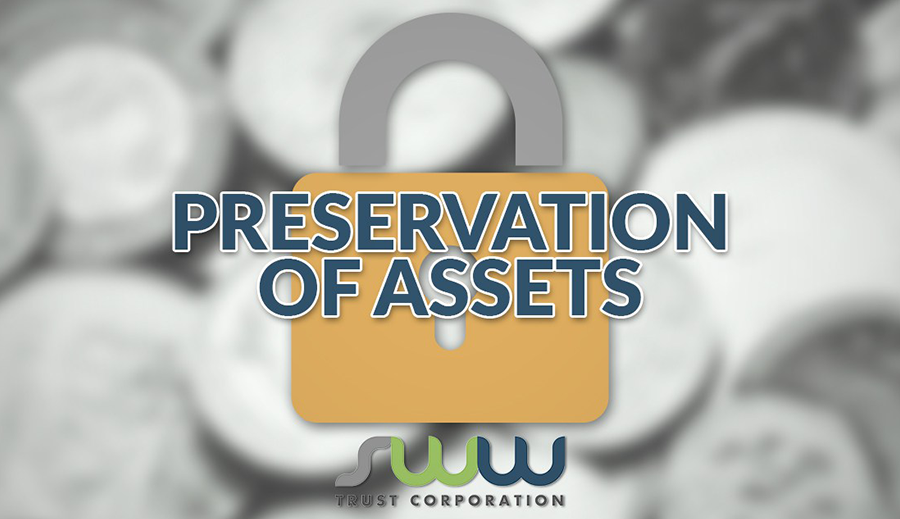5th July 2018
Preservation of Assets
When someone passes away, it is important to make sure that the relevant people, companies and organisations are informed.
You will also need to ensure that any assets of the deceased are preserved until such time when they can be collected, sold or distributed
Informing the appropriate companies and organisations about the death of a friend or relative can be an emotional task at an extremely difficult time. However, doing this as soon as possible will help prevent any overpayments to or from the deceased into or out of any bank accounts; particularly any overpayments of benefit from any government organisations. It will also allow companies to put any accounts on hold and will provide you with more time to deal with assets and any liabilities in the long run.
Companies you might need to inform include:
- Any government organisations (HMRC, DWP, DVLA, Passport Office, local council)
- Banks, mortgage, pension or insurance providers
- Investment companies or share registrars
- Utilities (gas, electricity, telephone, broadband, water & sewage, TV licence)
- Any other companies who you think might need to know (care companies, landlords, subscriptions or memberships, employers, health professionals)
You may call, write to or email companies and organisations to inform them of a death and most will require a copy of the death certificate for their records.
Some organisations offer assistance to make the process as smooth and as straightforward as possible. For example, when you register the death, often the registrar will ask whether you would like to use the ‘Tell Us Once’ service. This is a service that allows you to report a death to most government organisations in one go and helps to prevent overpayments. The registrar will either complete this service for you at the time of your appointment, or will provide you with a unique reference number to access this service You can also access this service online at: https://idp-death-tellusonce.direct.gov.uk/Death/Enrich/BeforeYouStart
Information you will need to assist you in reporting the death includes:
- Date of birth
- Date of death
- Address
- National Insurance number
- Any relevant reference numbers
- Occupation
- Marital status
Once informed, any bank accounts will be frozen, which will help preserve and protect any funds. However, this will obviously also mean that any direct debits or standing orders will not be paid, so it is important that you ensure that all affected companies are informed.
Whether the deceased owned or rented a property, it is crucially important that steps are taken to preserve both the property itself and the assets and personal possessions kept inside the property:
- If the property is owned, make sure that adequate insurance is in place for the building and its contents. If the property is unoccupied, make sure the insurance policy provides cover for this.
- Ensure that all door locks and windows are secure.
- Make sure that keys are kept in a secure place and that you are in possession of any other sets of keys or at least aware of who else may has a set of keys to the property.
- Do not allow anyone to enter or remove anything from the property without consent.
- Make note of any valuable items at the property (remove these or store these in a secure place if possible)
- Gather all relevant paperwork together which will assist you in contacting the relevant companies and organisations to inform them of the death.
- Also gather all original documents such as birth certificates, death certificates, marriage certificates, divorce papers and any Deed poll documents.
- In Winter months ensure that heating is left on low or the system is drained down to prevent water damage and comply with insurance.
Once you have done all of this, you will have the relevant paperwork and information to allow you to begin dealing with the administration process for the deceased’s estate.
